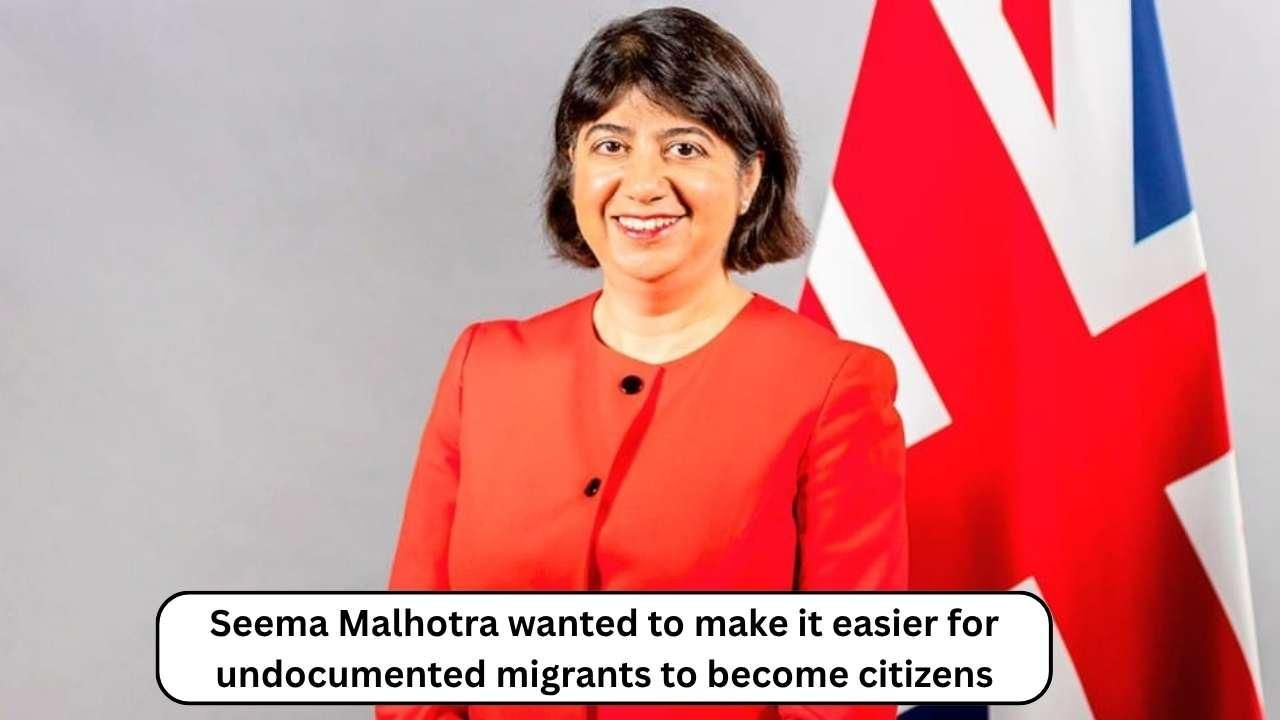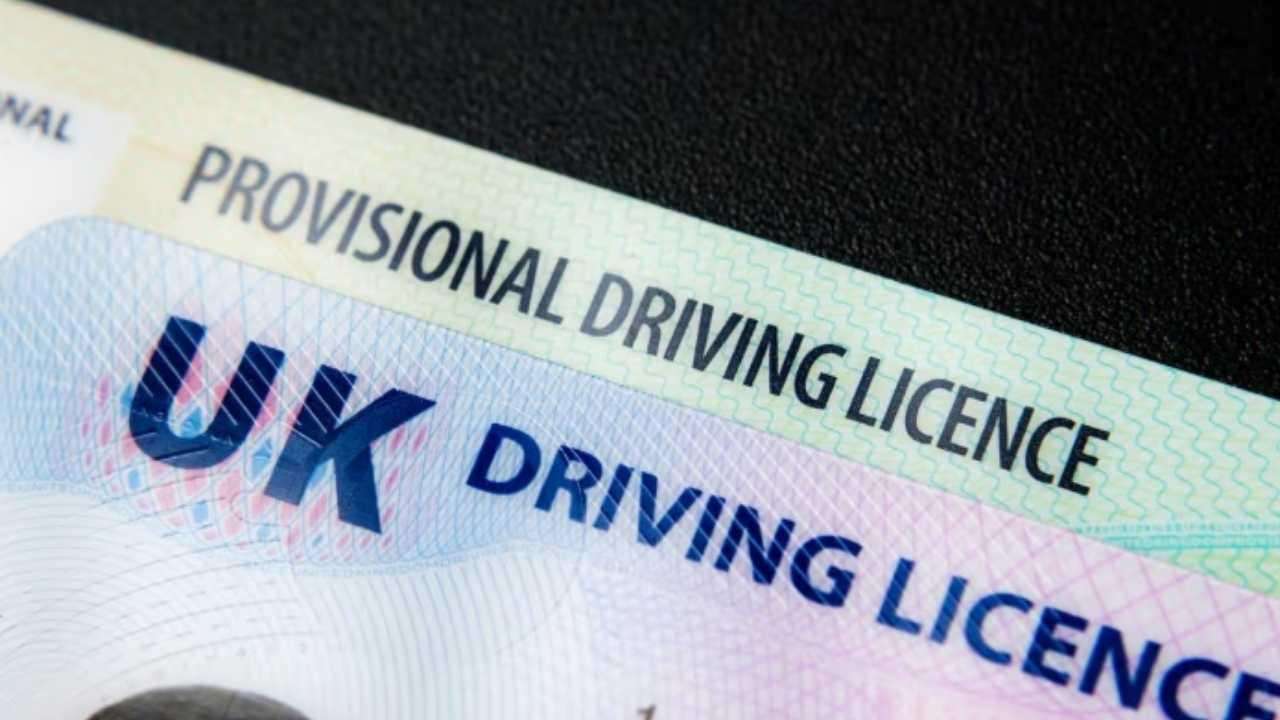Revelations of Migration Minister Seema Malhotra's past support for undocumented migrants, including a signed pledge not to report them to authorities and a call for amnesty, have ignited renewed hope within communities advocating for humane treatment and regularization. The disclosure comes at a time of heightened political debate on immigration, offering a contrasting perspective to recent government rhetoric.
Ms. Malhotra, who has held her ministerial position since July, signed a 2018 pledge by the group 'Global Justice Now,' committing to representing all constituents, regardless of immigration status, and ensuring her office's role as a safe space. This pledge, signed by numerous MPs, signaled a commitment to protect undocumented individuals from the fear of immigration enforcement.
In 2021, Ms. Malhotra further demonstrated her support during a Westminster Hall debate, advocating for an amnesty for undocumented migrants. She highlighted the "continuous stress and anxiety" experienced by these individuals, living on the margins of society with disregarded basic rights. She urged the government to adopt a more compassionate approach, simplifying the regularization process and reducing application fees.
"Surely, in the interests of our economy and effective administration, which covid now demands, and in the interests of humanity, there needs to be a much better answer to the issue of undocumented migrants," she stated.
These past actions stand in stark contrast to Ms. Malhotra's more recent public statements, where she has emphasized deportation efforts. However, her previous advocacy has offered a beacon of hope to those seeking a more humane and just approach to undocumented migrants in the UK. Many community groups and advocates see her prior stances as a testament to her understanding of the vulnerable position of those without papers.
Advocates hope that Ms. Malhotra's past pledges can serve as a foundation for future policy, emphasizing the need for regularization and compassionate treatment for undocumented individuals. They argue that a pathway to legal status would not only improve the lives of migrants but also benefit the wider society.
The debate underscores the complex and often contradictory nature of immigration policy, and the ongoing struggle for a system that balances border security with human rights.








.svg)



